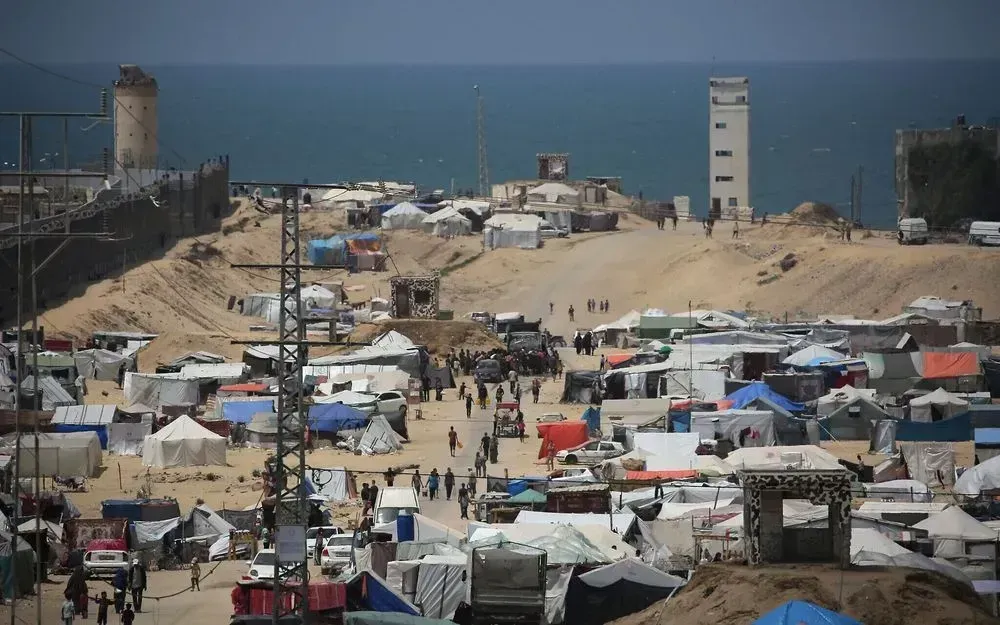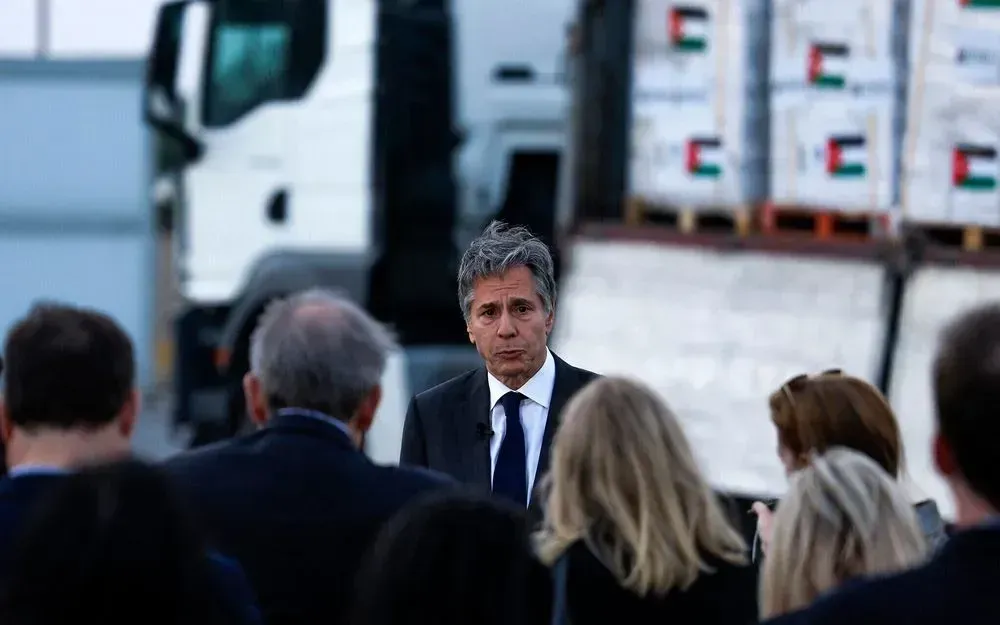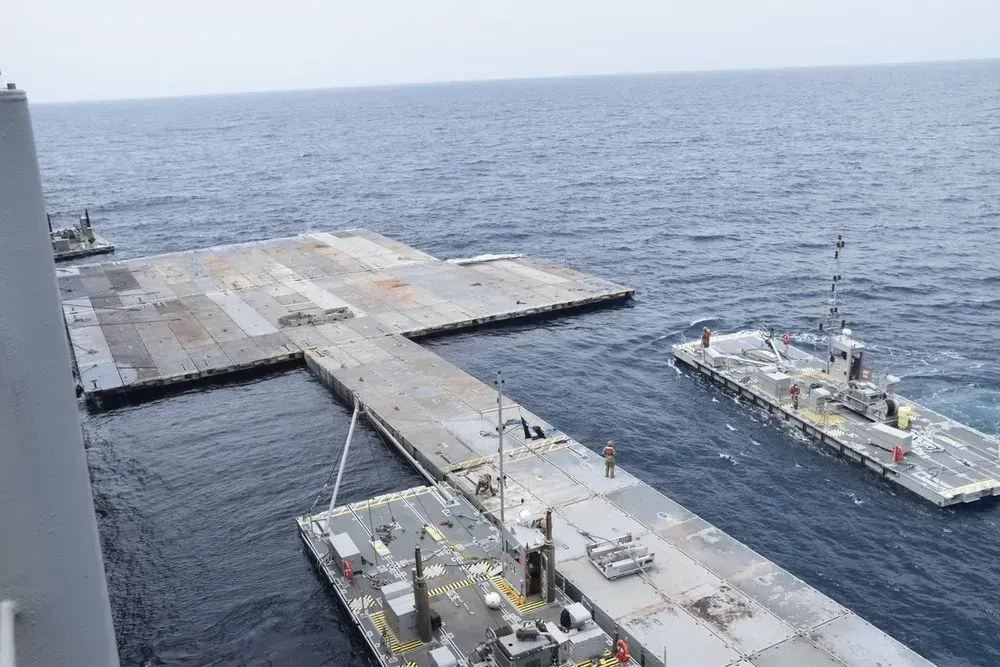Netanyahu met with Blinken: Israeli PM rejects offer to end war with Hamas as part of hostage deal
Kyiv • UNN
Netanyahu has rejected ending the war with Hamas as part of a potential hostage deal, insisting on toppling Hamas and continuing the Rafah operation despite US opposition.

Israeli Prime Minister Benjamin Netanyahu told U.S. Secretary of State Anthony Blinken that a potential truce would not interfere with the Rafah operation. Blinken echoed the US view that the war should end and claimed that Hamas "is on the path to a ceasefire." The Times of Israel writes about the results of the negotiations, UNN reports.
Details
Prime Minister Benjamin Netanyahu emphasized that he would not accept an end to the war in Gaza as part of a potential hostage deal.
He told Blinken that we are interested in reaching an agreement and intend to overthrow Hamas.
Israel delivered its latest offer to Hamas through Egyptian intermediaries late last week and expects a response Wednesday night, an Israeli official told The Times of Israel.
Netanyahu also told Blinken during their meeting in Jerusalem that the hostage deal with Hamas does not mean that an invasion of Rafah can be avoided.
The Rafah operation does not depend on anything. Prime Minister Netanyahu made this clear to Minister Blinken.
At the same time, Blinken at this meeting "reaffirmed the clear position of the United States on Rafah". Israeli journalists note that US reports do not specify exactly what this position is, but the Biden administration strongly opposes an operation in Rafah without a reliable plan to evacuate civilians. The US has also stated that it would consider the Israeli military's move into the southern Gaza city as crossing a "red line.

Optional
During a meeting with President Isaac Herzog in Jerusalem earlier in the day, Blinken expressed similar views. He laid the blame for the failure to reach a hostage deal since November squarely on Hamas.
The Gaza terrorist organization is "the only reason why this could not have been achieved. ... There are no excuses.
A report by the Lebanese news outlet al-Akhbar states that Israel's proposal includes the release of at least 33 hostages in the first stage, followed by subsequent stages that will establish a stable calm and a possible complete withdrawal of IDF troops.
It is reported that the first phase of the agreement, which will last 40 days, provides for the gradual withdrawal of Israeli troops from parts of the Strip to allow the movement of humanitarian aid and the return of civilians to their homes. At the same time, Hamas spokesman Sami Abu Zuhri said that Blinken's comments accusing the terrorist group of failing to reach an agreement were an attempt to put pressure on it and justify Israel's actions. Abu Zuhri also told Reuters that the group is still studying a recent truce proposal.

Blinken also blamed Hamas for the suffering of the civilian population of Gaza:
We must also focus on the people in Gaza who are suffering in this crossfire created by Hamas, and so focus on getting them the help they need - food, medicine, water, shelter.
Recall
Blinken arrived in Israel on Tuesday evening after visits to Jordan and Saudi Arabia.
The first US diplomat was to meet with Defense Minister Yoav Gallant at the Kerem Shalom crossing and National Security Advisor Tzachi Hanegbi at the port of Ashdod in the afternoon to inspect the humanitarian aid coming into Gaza.
Now it's up to Hamas... No more delays, no more excuses... We want this agreement (on humanitarian aid supplies - ed.) to be signed in the coming days.
Israel has dramatically increased humanitarian aid to Gaza following the deadly April 1 attack on World Central Kitchen aid workers, but the situation remains dire. The vast majority of residents have fled their homes, and the UN has warned of the threat of famine.

The US-built floating pier on the Gaza coast is expected to be completed later this week. According to Cypriot authorities overseeing the construction, aid will flow through a "maritime corridor" through the eastern Mediterranean country.
Blinken said the pier would "significantly increase aid" but is not a "substitute" for greater land access.